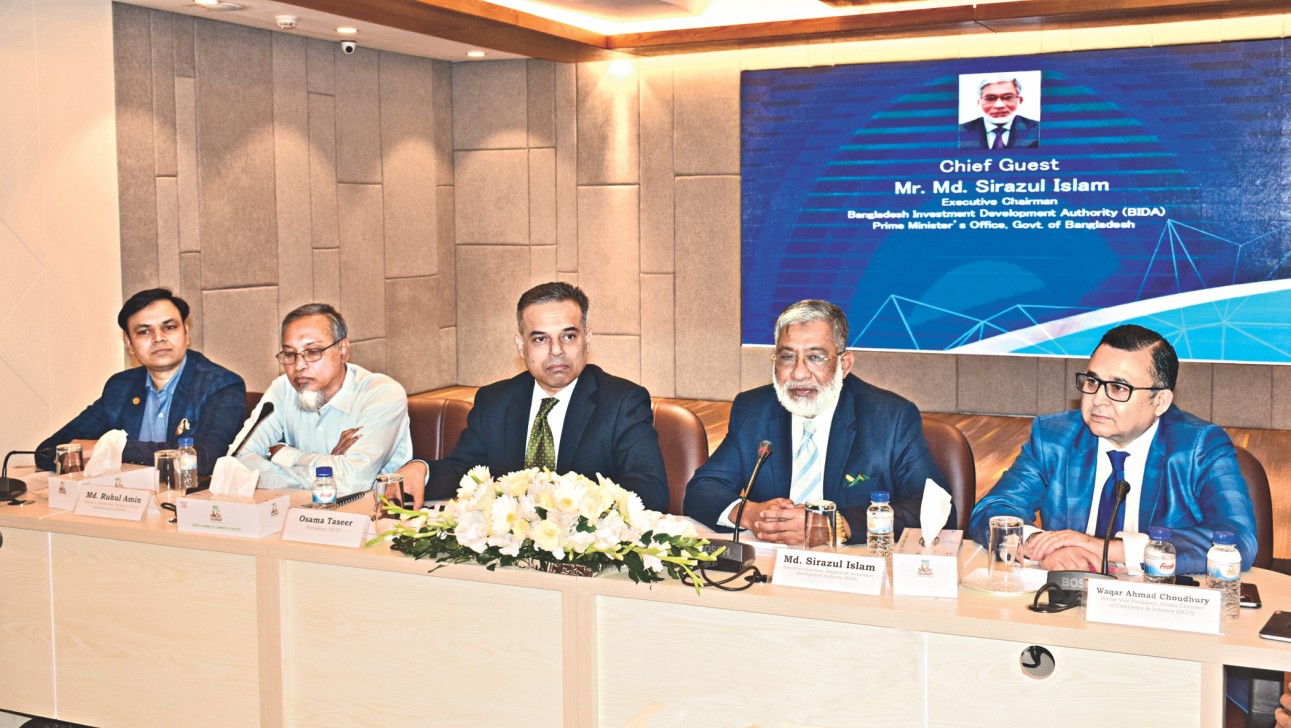Invest more in R&D, pharma raw materials to hit $1b exports

Bangladesh needs to invest in research and development and the manufacture of raw materials if it wants to pocket $1 billion from exports in five years, experts and industry insiders said yesterday.
The country earned $130 million from pharmaceutical export in fiscal 2018-19, up 25.60 percent from that a year ago, thanks to continuous improvements in product quality and government support.
Bangladesh is currently exporting medicine to about 120 countries while locally-produced medicine caters to 98 percent of the local demand, an indicator of the sector’s strength.
The pharmaceutical sector is one of the most developed, technology-led sector among the manufacturing industries in Bangladesh, said Prof Md Robiul Islam of the chemistry department at the Mawlana Bhashani Science and Technology University.
“Bangladesh is an emerging generic drug hub in Asia having 250 industries,” he said in a presentation at a seminar on “Prospects and Challenges of API Industry in Bangladesh” organised by the Dhaka Chamber of Commerce and Industry (DCCI) on its premises.
According to him, pharmaceutical products worth Tk 20,512 crore were sold in the Bangladesh’s domestic market in 2018, while having a 1.83 percent contribution to the GDP.
He also said per capita healthcare expenditure in Bangladesh grew at an average rate of 11 percent in the last 10 years.
Regarding challenges centring active pharmaceutical ingredients (API), he said prices of imported API may increase at times and the quality may vary from time to time while the required API might even be unavailable.
He also said exporters would undeniably face difficulties competing in international markets to export finished pharmaceutical products created with imported API.
Md Serazul Islam, executive chairman of Bangladesh Investment Development Authority, assured providing all form of support to develop an API industry in Bangladesh.
Medical science is synonymous with life science, he said, laying emphasis on industry-academic collaboration for the API industry’s research and development.
Osama Taseer, president of the DCCI, said one of the major challenges of the pharmaceuticals industry was dependence on raw material import.
Meanwhile, he said, though local API producers can cater to at best 5 percent of the demand, which is very insignificant, their products will be relatively cheaper compared to the imported ones.
He said local production of API requires the industry to acquire modern skills and technical knowledge.
“Capacity building of local research, academic institutions, manufacturers and professionals need to be immediately addressed through public and private sectors,” he added.
He put emphasis on forming joint ventures with international API producers to first gain experience.
Md Ruhul Amin, director of the Directorate General of Drug Administration, said they are committed to supporting the growth of the API industry in Bangladesh as well as implementing associated policies.
He requested entrepreneurs to invest more in research and development.
Jahangir Hossain Mollick, a former director general of the drug administration, alleged that interest is low among local entrepreneurs in developing API as it requires a lot of investment, the returns of which take time to come.
He, however, sees a good future for the sector if investors set their minds to building up the API industry.
Md Hafizur Rahman, director of the commerce ministry’s World Trade Organization Cell, Sheikh Maksudur Rahman, director (API Project) of The Acme Laboratories, and Md Zia Uddin, the DCCI’s convener and chairman of Active Fine Chemicals, also spoke at the programme.
